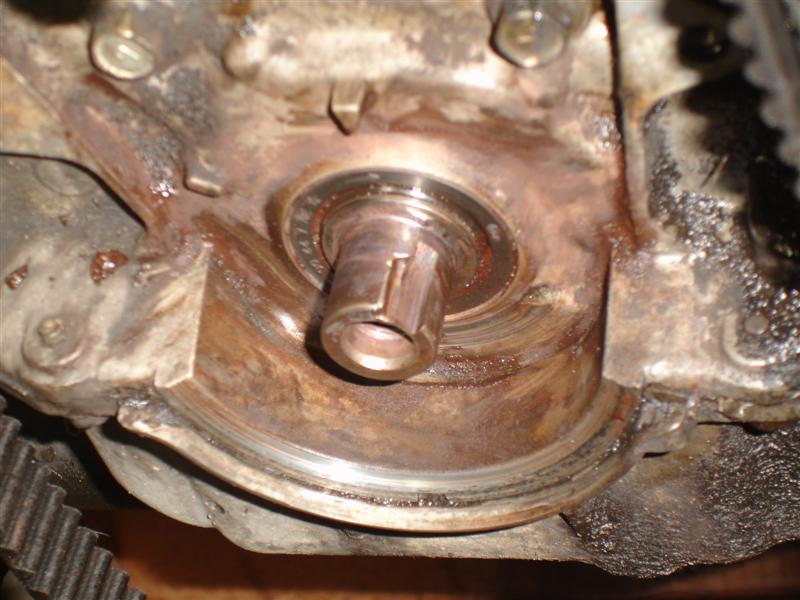Low Compression in cylinder # 2.
Posted: Mon Jan 20, 2014 10:44 am
Hi all,
I bought my NA6 a couple of months back and I've been working through a variety of issues.
I'm now at a point where I'm not sure what to do next.
Yesterday I ran a compression test with the following results.
Dry: 190/160/185/190
Wet: 205/170/205/205
Manga_blue has pointed out that I may have a dodgy valve in cyl #2.
I'm also experiencing a lack of power down low, especially once the engine is warmed up.
Engine bay heat also seems excessive.
When I pull up from even the most sedate of drives, the exhaust tinkles like mad.
I don't believe that I have a water cooling issue and the motor has not over heated.
No pulley's appear to be wobbling.
I was hoping that fixing the compression issue would also fix my other symptoms.
So far I've replaced the battery, alternator, coil pack, leads, plugs, exhaust manifold gasket, fuel filter, oil, oil filter and have cleaned out the throttle body.
My AFM still has the round metal plug in it but not sure if touched by a previous owner..
My timing is set at 14 degrees BTDC.
I look forward to any advise or suggestions that you may have to fix my issues.
Thank you,
Speed
I bought my NA6 a couple of months back and I've been working through a variety of issues.
I'm now at a point where I'm not sure what to do next.
Yesterday I ran a compression test with the following results.
Dry: 190/160/185/190
Wet: 205/170/205/205
Manga_blue has pointed out that I may have a dodgy valve in cyl #2.
I'm also experiencing a lack of power down low, especially once the engine is warmed up.
Engine bay heat also seems excessive.
When I pull up from even the most sedate of drives, the exhaust tinkles like mad.
I don't believe that I have a water cooling issue and the motor has not over heated.
No pulley's appear to be wobbling.
I was hoping that fixing the compression issue would also fix my other symptoms.
So far I've replaced the battery, alternator, coil pack, leads, plugs, exhaust manifold gasket, fuel filter, oil, oil filter and have cleaned out the throttle body.
My AFM still has the round metal plug in it but not sure if touched by a previous owner..
My timing is set at 14 degrees BTDC.
I look forward to any advise or suggestions that you may have to fix my issues.
Thank you,
Speed

